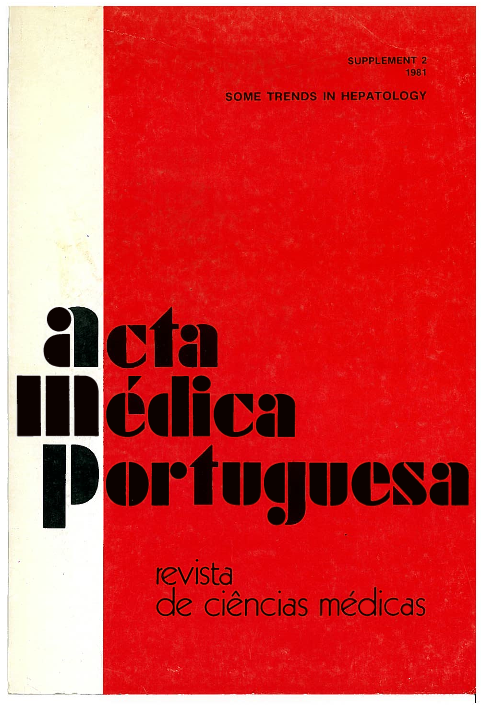Hepatic surgery.
DOI:
https://doi.org/10.20344/amp.3904Abstract
The ability of the human liver to undergo regenerative hyperplasia after resection has been recognised for many centuries and reference is found to it in ancient mythology. It is this amazing potential for the regrowth that allows resection of large portions of liver substance. In recent years, detailed anatomical studies have defined the segments and lobes of the liver and provide the Surgeon with the necessary planes of dissection. There are 3 main indications for hepatic resection surgery, namely trauma, primary and secondary liver tumours and high bile duct obstruction. The indications for hepatic resection in trauma are well defined whereas there is still much debate as to the value of surgical removal of liver tumors. The role of liver resection in benign biliary obstruction is still evolving. Indications for surgery in each of these areas, along with an outline of the surgical anatomy, pre-operative assessment and operative technique form a basis for this chapter.
Downloads
Downloads
How to Cite
Issue
Section
License
All the articles published in the AMP are open access and comply with the requirements of funding agencies or academic institutions. The AMP is governed by the terms of the Creative Commons ‘Attribution – Non-Commercial Use - (CC-BY-NC)’ license, regarding the use by third parties.
It is the author’s responsibility to obtain approval for the reproduction of figures, tables, etc. from other publications.
Upon acceptance of an article for publication, the authors will be asked to complete the ICMJE “Copyright Liability and Copyright Sharing Statement “(http://www.actamedicaportuguesa.com/info/AMP-NormasPublicacao.pdf) and the “Declaration of Potential Conflicts of Interest” (http:// www.icmje.org/conflicts-of-interest). An e-mail will be sent to the corresponding author to acknowledge receipt of the manuscript.
After publication, the authors are authorised to make their articles available in repositories of their institutions of origin, as long as they always mention where they were published and according to the Creative Commons license.









